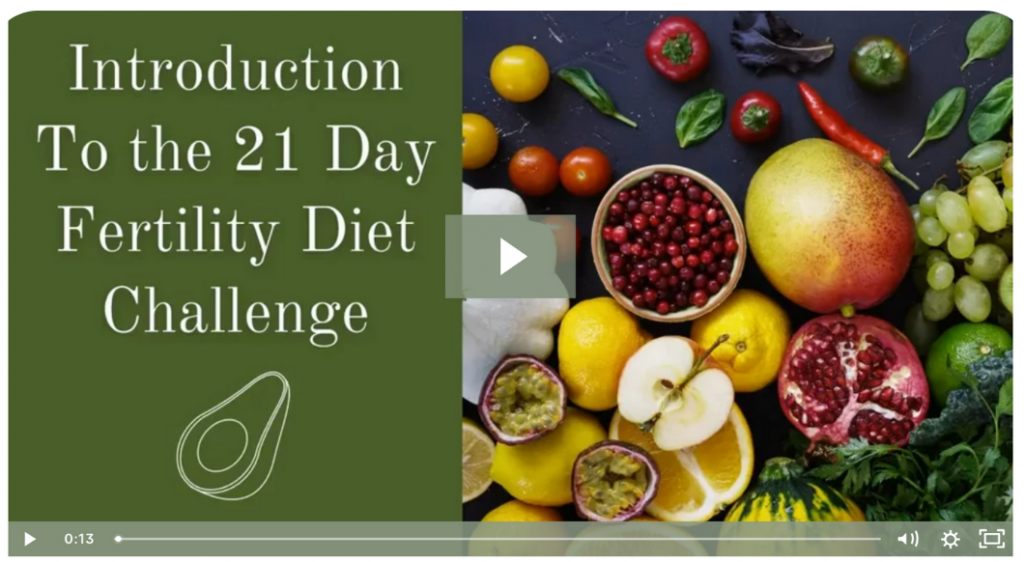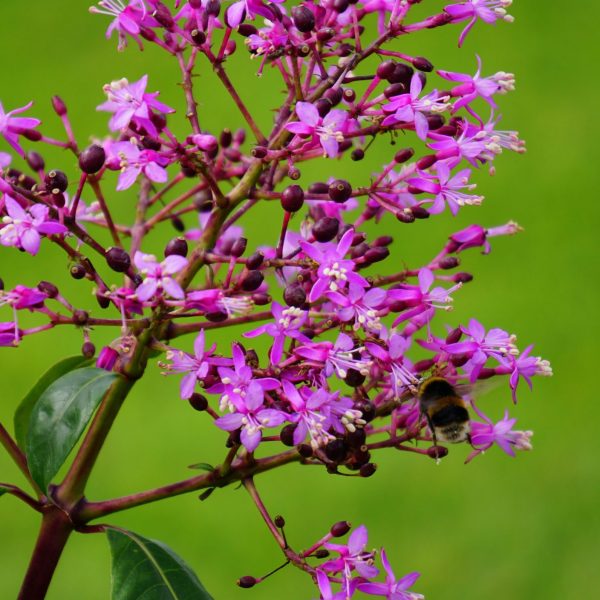We work with people all over the world, and some people we talk to find it challenging to access common foods we recommend on our Fertility Diet. The good news is there are ways to enrich your diet with fertility nutrients almost anywhere you live.
Here are our tips for how to eat a Fertility Diet if you’re living in a food “desert”, don’t have easy access to foods we suggest, or if your cultural options are different.
Fertility Diet Tips No Matter Where You Live
Tip #1. Do your best to include a healthy protein (plant or animal is ok), a healthy fat, and fruits and vegetables from your region at each meal. Look for organic, fresh foods when possible. Connect with local farmers and ranchers to see what options you may have. Learn how to grow some of your own produce (e.g. in pots, raised beds, small patio gardens). High quality frozen options can work if you have limited access to fresh foods.
Tip #2. Choose colorful and high-nutrition foods wherever you are. (Watch markets for seasonal imported produce and foods, too.)
Just a few examples:
- Nigerian diet: wild fish/seafood, pumpkin, greens, yams, plantains, cassava, okra, spinach, beans, jollof rice, soups, stews, palm nuts, coconut milk, garri, groundnut soup.
- Indian diet: yogurt, lassi, ghee, asparagus, squash, sweet potato, artichoke, lentils, mangoes, papaya, stewed apples, dates, soaked almonds.
- Island Nations: tropical fruits like mangoes, papaya, pineapple, coconut, guava, passionfruit, bananas; sweet potato/yam; wild fish/seafood, seaweeds, beans, rice.
- Asian diets: wild fish/seafood, seaweeds, greens, soups, stews, green tea, root vegetables, mushrooms. A little fermented soy like natto, miso or tempeh in moderation in a balanced diet is fine. Avoid excess processed soy foods (soy meat replacements, soy milk, tofu) which can affect hormonal balance.
- Ethiopian diet: plantains, lentils, split peas, bananas, mangoes, eggs, beans, collard greens, enset, stews, nuts and seeds.
- Middle Eastern diet: Lentils, split peas, fava beans and chickpeas, hummus, falafel, baba ghanoush, olive oil, garlic, onion, tahini, Shish Taouk, Tabbouleh, any variety of vegetables and fruits like melon, citrus fruits, kiwifruit, cherries, pomegranates, etc.
Watch The Introduction to the 21 Day Fertility Diet Challenge
- Learn how to transition to a natural fertility diet by focusing on the important 5
- Get all the details on how to use nutrition as a tool for hormonal health, cell protection and fertility wellness
- An effective tool to help your tastebuds transition towards healthier foods
- Learn which foods are most important for fertility and how to regularly eat them

Tip #3. Use only unprocessed, whole grains available in your region. Grains like quinoa, rice (brown/wild), teff, millet, and corn will all work. Organic, non-GMO grains are the most nutritious if they are available.
Tip #4. Add herbs and spices. They are potent sources of antioxidants, vitamins, and minerals and available nearly everywhere. Many will increase circulation to the reproductive system and improve digestive function, too. Examples: cayenne, garlic, onion, ginger, turmeric, black pepper, paprika, fenugreek, berbere or garam masala spice blends, cumin, clove, cinnamon, nutmeg, and so many more.
Tip #5. Try new foods. Variety is the spice of life. Eating large amounts of the same foods all of the time can be counterproductive or lead to imbalances. Take time to learn and experiment with new recipes. Trying new foods can really give your program a boost.
Tip #6. Use food supplements to enhance your fertility program. For people who have difficulty finding fresh produce and greens, a green superfood drink mix like Fertiligreens is an excellent option. If you want to try smoothies, but have limited access to fresh ingredients, learn more about the Fertility Smoothie Kit. It provides everything you need to make a nutritious drink for reproductive health. If you have difficulty finding quality protein sources, a protein drink mix can make a big difference. Organic, vegan options are available, too.
Eat Well, Live Well!
Wherever you are on your fertility program, do your best to take advantage of the quality foods near you. There is no “one” Fertility Diet that will work for everyone. Try to cover the nutrition basics each time you sit down to eat. Make an effort to reduce your intake of high-sugar, deep-fried and highly processed foods. They produce free radicals that damage cells and slow down your program. For fertility health, what you don’t eat is as important as what you do eat.
If you have limited access to quality food in your area, imported options and food supplements also make a lot of sense. Do some research and stick with your best choices. Take time to plan and maybe even learn how to preserve fresh foods so that when you can stock up, food won’t go to waste. Reminder: While diet is a key part of the fertility picture, it is not the only area to work on. Getting regular exercise, keeping stress low and targeting your specific fertility challenge areas are all incredibly important.
If you’re having trouble getting started, please don’t hesitate to reach out to us. We’re always here for your questions, to share feedback and help with concerns.
- USDA Defines Food Deserts. (2018). Retrieved from: http://americannutritionassociation.org/newsletter/usda-defines-food-deserts
- 20 Popular Nigerian Food. (2018). Retrieved from: http://afrotourism.com/trip-idea-blog/20-popular-nigerian-food/
- Scinto, M. (2018). Puerto Rican Food Nutrition. Retrieved from: https://healthfully.com/179652-puerto-rican-food-nutrition.html
- Wiens, M. (2018). Ethiopian Food: The Ultimate Guide For Food Lovers. Retrieved from: https://migrationology.com/ethiopian-food-guide/





